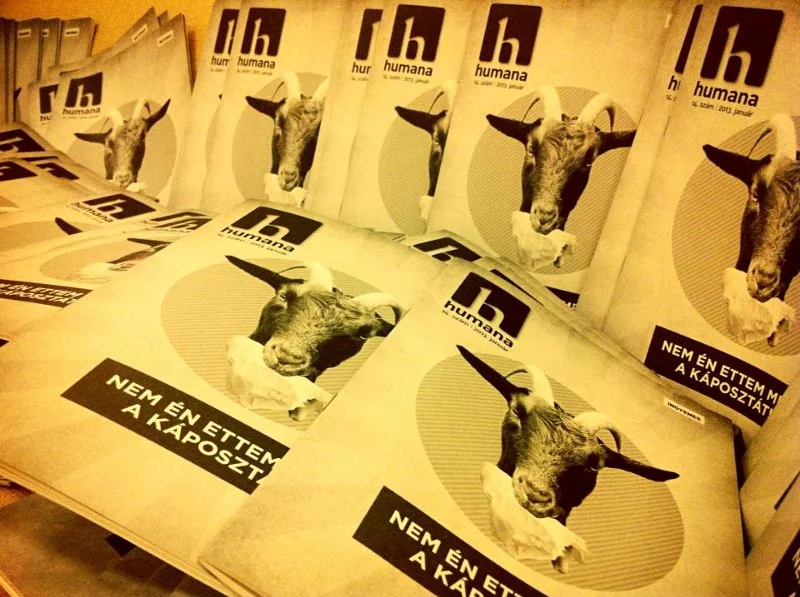Knowledge is Power
Knowledge is Power is a campaign that wants to inspire peer-to-peer communication about the importance of education for young Roma in Hungary and empower them to excel. This project is also an excellent example of representing the Roma community in a rarely seen way.
‘Slam poetry is such genre that is very popular among the youth and includes a wide variety of people on the grounds while reaching several social layers in society’, says Kristóf Horváth who is one of the main slammers in Hungary and the artistic director of the project. ‘It’s a really powerful tool to create a community.’
This community might exist in some places in Hungary, but discrimination against Roma people – and segregation – is still noticeable here and there. Most of the time, the media coverage just worsens the situation, especially in rural areas.
‘In the rural area the Roma communities are more vulnerable than the non-Roma communities’, says Vera who has participated in the project. She’s also mentioned that the majority of Roma youth in Hungary aren’t provided with great educational standards. Answering a question on the importance of being part of this project, Mizó’s added: ‘The number of those who get into higher education is really low because they don’t have the opportunity to do so, or there is nothing that would motivate them.’
According to statistics from 2011, 315,583 people identified themselves as Roma, which means the Roma community is the largest minority group in Hungary. This number will probably increase in the future so will the number of Roma children and young people who have to face stereotypes day by day. Stereotypes that sometimes hinder them from proving themselves to both society and themselves – to prove that they are capable of doing anything.
Horváth’s wants to reflect upon this phenomenon: ‘My aim with the programme was to meet talented and committed young people from the entire country whom we can empower and involve in the slammer’s community, so they can be role models for other kids who live in their surroundings. The process has started, and it’s a pleasure to see that the applicants open up more and more.’
Cris is one of the role models. He wasn’t always interested in studying but, luckily, there were people who helped him realize that there was another way, so now it’s [his] turn to help others. While he and Mizó are fairly optimistic about the success of the programme, Vera is fairly pessimistic. Although she sees it as a good initiative, she thinks ‘more needs to be done’.
The campaign was launched in February on YouTube and is supported by the Roma Education Fund (REF), which was created within the framework of the Decade of Roma Inclusion in 2005. Its mission and the ultimate goal are to close the gap in educational outcomes between Roma and non-Roma.
The article was originally written for the course Minority Realities in the News organized by Minority Rights Group International.
Originally published at www.humanamagazin.eu.


